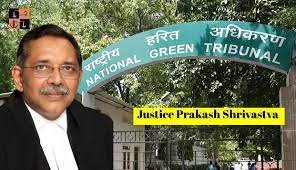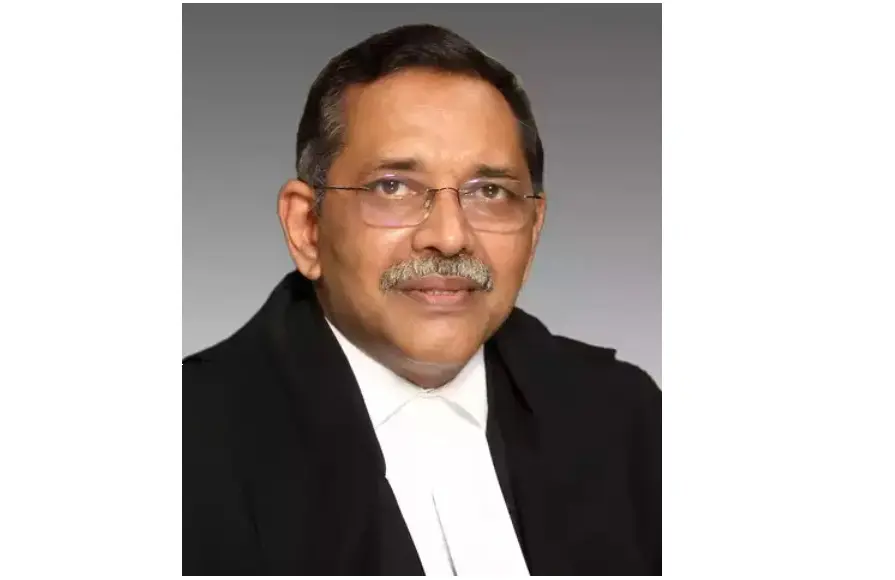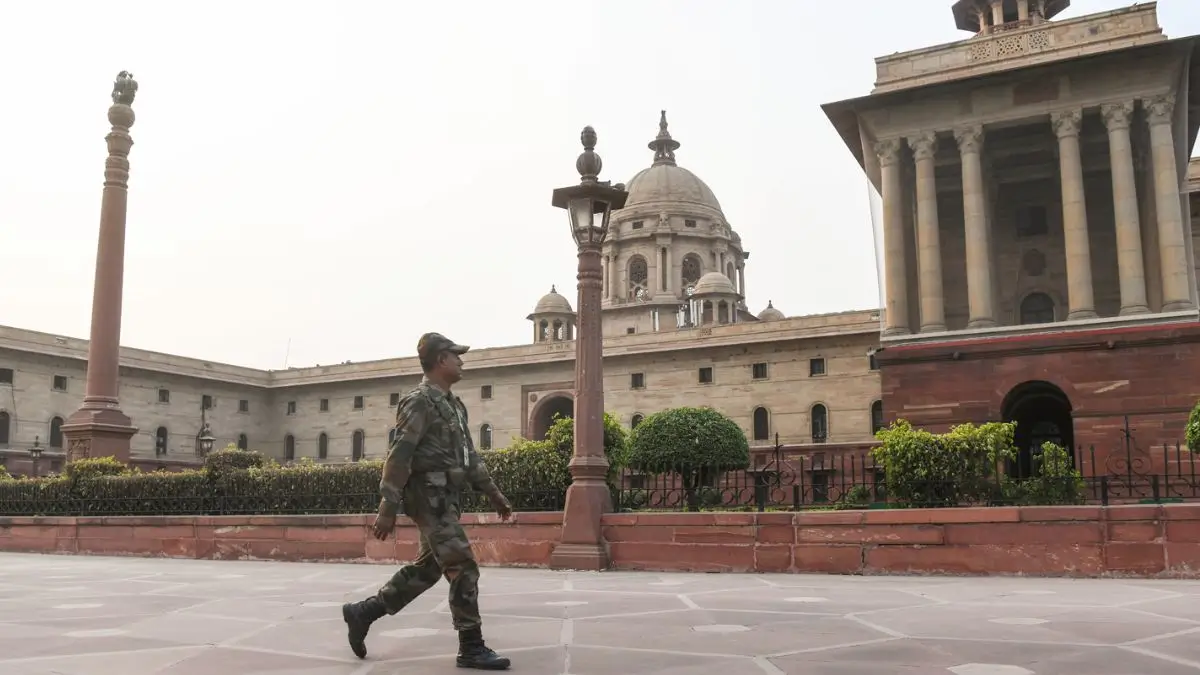Justice Prakash Shrivastava Appointed as NGT Chairperson
The National Green Tribunal (NGT) has always played a pivotal role in addressing environmental concerns and ensuring that our country’s natural resources are protected. In recent news, Justice Prakash Shrivastava has been appointed as the Chairperson of NGT, taking charge of this crucial institution. This development holds significant importance, not only for the environment but also for aspirants preparing for various government exams, including civil services like IAS and PSCS, as it reflects the government’s commitment to environmental governance and sustainability.

Why this News is Important:
Appointment of a New NGT Chairperson
The NGT is responsible for hearing and deciding cases related to environmental issues and disputes. The appointment of a new chairperson is a significant event as it determines the leadership and direction of the tribunal. Justice Prakash Shrivastava, a seasoned judge, will now guide the NGT in addressing pressing environmental concerns.
Strengthening Environmental Governance
Environmental issues have gained prominence globally due to climate change and resource depletion. As future government officers, including those aspiring to become IAS or PSCS officers, it’s crucial to understand the importance of a strong and independent NGT. This appointment signifies the government’s commitment to enhancing environmental governance in India.
Historical Context:
To appreciate the significance of Justice Prakash Shrivastava’s appointment, it’s essential to understand the historical context of the NGT. The NGT was established in 2010 under the National Green Tribunal Act to address environmental disputes and ensure the effective enforcement of environmental laws. Over the years, it has played a vital role in safeguarding our environment.
Key Takeaways from Justice Prakash Shrivastava’s Appointment as NGT Chairperson:
| Serial Number | Key Takeaway |
|---|---|
| 1 | Justice Prakash Shrivastava will lead the NGT, bringing his legal expertise to environmental matters. |
| 2 | His appointment emphasizes the government’s focus on environmental governance and sustainability. |
| 3 | The NGT plays a crucial role in resolving environmental disputes, making it an essential institution to watch for government exam aspirants. |
| 4 | Understanding the historical context of the NGT is essential for comprehending its current significance. |
| 5 | As future civil servants, aspirants should stay updated on such appointments and their implications for environmental policies and governance. |
Important FAQs for Students from this News
Q1: Who is Justice Prakash Shrivastava, and why is his appointment significant?
A1: Justice Prakash Shrivastava is the newly appointed Chairperson of the National Green Tribunal (NGT). His appointment is significant because he will lead the NGT in addressing environmental issues and disputes, emphasizing the government’s commitment to environmental governance.
Q2: What is the role of the National Green Tribunal (NGT) in India?
A2: The NGT is responsible for hearing and deciding cases related to environmental concerns. It ensures the effective enforcement of environmental laws and plays a pivotal role in safeguarding the environment.
Q3: How does the NGT impact aspiring civil servants and government exam preparations?
A3: Aspirants preparing for government exams, including civil services like IAS and PSCS, should be aware of the NGT’s role in environmental governance. Understanding such appointments and their implications is essential for staying updated on environmental policies.
Q4: What is the historical context of the NGT, and why is it relevant?
A4: The NGT was established in 2010 to address environmental disputes and enforce environmental laws. Understanding its historical context helps comprehend its current significance in environmental governance.
Q5: Why are environmental issues gaining prominence globally?
A5: Environmental issues, including climate change and resource depletion, are gaining prominence due to their impact on global sustainability. These issues are of concern to governments worldwide, making them relevant for government exam aspirants.
Some Important Current Affairs Links

















